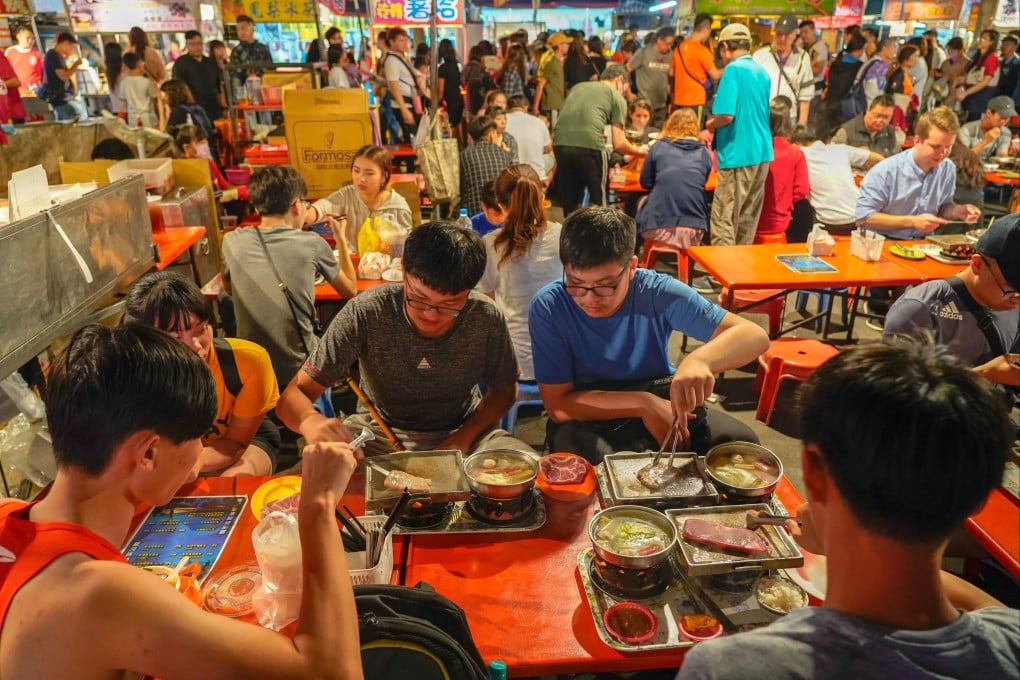Vietnamese workers growing in numbers, contributing to Taiwan’s economy, as island seeks labour
- There are around 240,000 Vietnamese migrants in Taiwan without citizenship, while roughly 170,000 more have gained the right to stay, often through marriage
- This week, Taiwan said it needs 52,000 more workers by October to sustain its post-pandemic recovery

Chen Shih-hua moved from Vietnam to Taiwan more than 10 years ago after marrying a local man. Five months ago, she opened a rice noodle restaurant near a Taipei night market, underlining a stronger role for Vietnamese in the island’s economy.
The 50-year-old fills her eatery during weekday lunch hours by dangling three kinds of Vietnamese vermicelli noodles known as he-fen, and their popularity keeps her restaurant competitive against a Vietnamese diner two blocks away, she said.
“Why open the restaurant? I had liked to cook – and I’m really busy,” Chen Shih-hua said as she turned back to her double-digit lunch crowd spread across 10 tables.
Today’s kids, their mothers, fathers and grandparents all fawn over them, so how could you ask these kids even to wash dishes
Vietnamese are growing in numbers in Taiwan, and they are credited with accepting a wider range of jobs compared to other migrant groups, or even Taiwanese themselves.
“Taiwanese people don’t want to do this work,” said lawmaker and economist Chen I-hsin.
“Today’s kids, their mothers, fathers and grandparents all fawn over them, so how could you ask these kids even to wash dishes?”